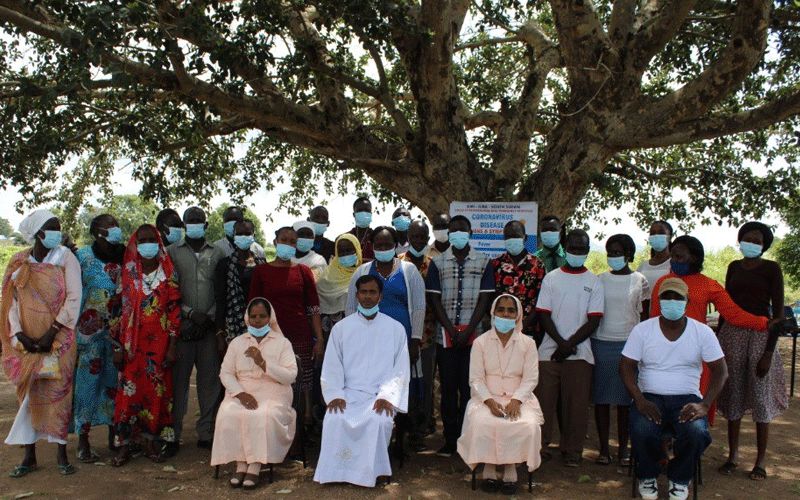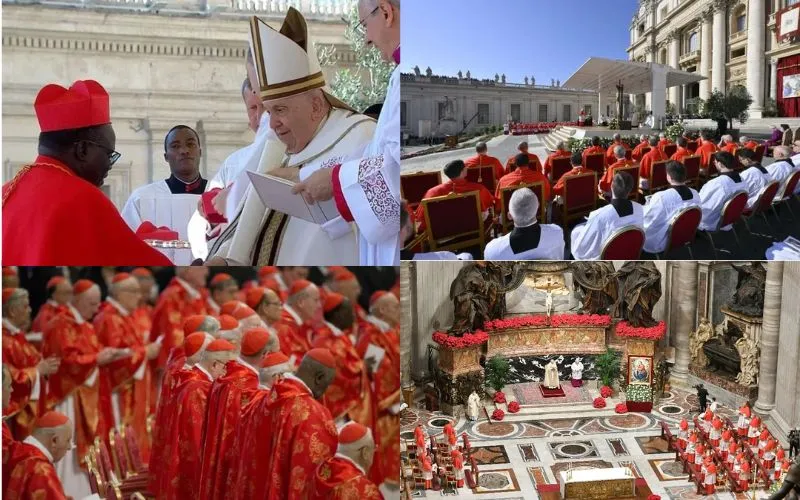Wau, 25 August, 2020 / 11:27 pm (ACI Africa).
It has taken the effort of two Religious Orders ministering in South Sudan to build 26 primary schools, which have kept thousands of children in school in the aftermath of the struggle for independence that left many children orphaned in the nine-year-old East-Central African country.
With close to 300 trained teaching and non-teaching staff in South Sudan’s Wau Diocese, Rumbek Diocese, and the Archdiocese of Juba, members of the Society of Daughters of Mary Immaculate (DMI) and the Missionaries of Mary Immaculate (MMI) have been responding to the various needs of community members, providing education and rehabilitation for internally displaced persons (IDPs).
In an interview with ACI Africa, DMI’s South Sudan Country Director, Sr. Jeny Maila said the missionaries currently support over 10,000 children all the way from pre-school through primary school in the country.
Out of the 26 schools, 10 schools are under the members of MMI who serve 3,700 children including those studying under trees in some of their missions centres.
“We have a desire to continue education up to senior level. And we won’t stop there because our founder, Fr. Jesuadimai Emmanuel Arul Raj has the vision of starting a university to ensure that the children study up to tertiary level,” Sr. Maila said in the interview on the sidelines of a COVID-19 workshop that took place at Mary Queen of the Apostles Parish in the Archdiocese of Juba on Saturday, August 22.








